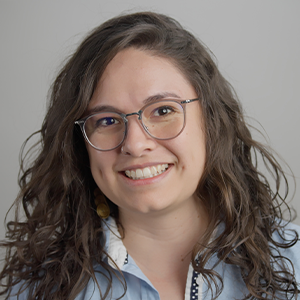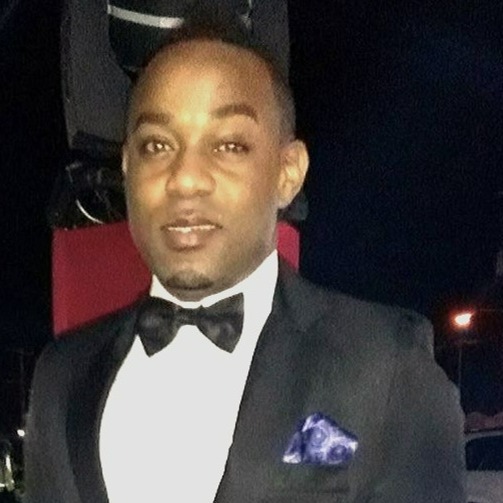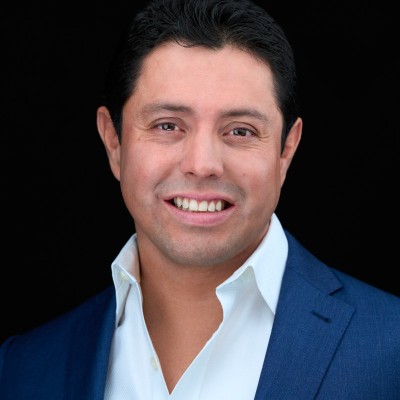International Mediation Campus provides services and training in mediation and conflict resolution internationally.
Contact Us
- International Mediation Online Training
- welcome@im-campus.com
- +49 163 289 200 0
- Free Video Call Appointment
Only a few places left! REGISTER TODAY for our internationally accredited Course in Mediation.


Mediators spend a lot of time asking questions rather than providing answers because the aim is to help participants work out their answers and decisions.
Researchers in the US found that skilled questioning by mediators was associated with positive outcomes, whereas mediations that failed were associated with inadequate questioning techniques. Kressel and colleagues found that skilled mediators organised their questions in a structure like a pyramid, with broader information-gathering questions at the base, leading up to narrower questions towards the top.
In initial information and assessment meetings, questions are asked to gather information and assess the suitability of mediation, moving up the pyramid to more precise questions to gain further understanding and encourage reflection.
Mediators may ask as many as twenty different kinds of questions, including directed and non-directed questions, present-focused, future-focused and past-focused questions.
There are also more complex questions, such as hypothetical, circular and reversed questions.
Questions should be asked during a friendly conversation, not as an interrogation. Each question needs to be well-balanced, sensitive and selected according to the stage of the mediation and the nature of the issues.
This recording is not yet available. Check back later or subscribe to our mailing list to be notified when its available.

We are here to help

Mariana Contreras Leal holds a Bachelor's degree in International Relations and an M.A. in Global South Studies, with a focus on culture, society, and politics. As the Community Manager and Marketing Associate at Consensus Group, she thrives in bringing people from all around the world together. She has also completed her mediation training.
Experiences with our training to become a mediator
Our participants have various professional und cultural backgrounds. After the successful completion of your training, you can be part of our huge IMC Fellows network meeting former participants from different working fields such as UN negotiators, NGO, WHO, judges of supreme courts, psychologists and more. Be ready for a very active and unique network of people based in more than 70 countries.



























Join our Global Community
You need to load content from reCAPTCHA to submit the form. Please note that doing so will share data with third-party providers.
More InformationYou need to load content from reCAPTCHA to submit the form. Please note that doing so will share data with third-party providers.
More Information